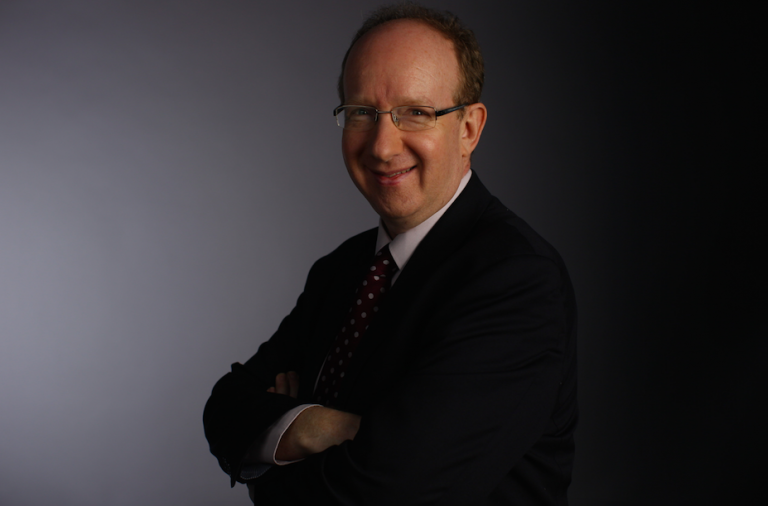The Annual Dinner took place on Tuesday 5th April 2016.
The guest speaker was Lord Finkelstein of Pinner
-10Daniel Finkelstein, OBE, is the Associate Editor, a Columnist and Leader Writer for The Times newspaper. He sits in the House of Lords as Lord Finkelstein of Pinner.
In the Times, as well as his weekly political column in the comment section and his Saturday Notebook, Lord Finkelstein writes the “Fink Tank” for the Saturday paper, and a statistical column on football. He also writes a regular column in the Jewish Chronicle.
Lord Finkelstein is the son of the late Prof Ludwig Finkelstein, who was born in Lviv (then in Poland), and became Professor of Measurement and Instrumentation at City University London. His mother is a Holocaust survivor. He is the grandson of Dr. Alfred Wiener, the Jewish activist and founder of the Wiener Library. He was educated at University College School, the London School of Economics and City University.
Lord Finkelstein played an important role in two respected think tanks: he was formerly Director of the Social Market Foundation and from 2011-4 was Chairman of the Trustees of the Policy Exchange. Between 1995 and 1997, he was Director of the Conservative Research Department in which capacity he advised Prime Minister John Major and attended meetings of the Cabinet when it sat in political session. Between 1997 and 2001, he was chief policy adviser to the Leader of the Opposition Rt. Hon. William Hague MP and Secretary to the Shadow Cabinet. In 2001, he was Conservative parliamentary candidate in Harrow West.
Lord Finkelstein is married with three sons, Aron, Isaac and Samuel. He was awarded an honorary Doctor of Science by the City University in 2011. He was elevated to the House of Lords as a life peer in 2013.
In his address at the dinner Lord Finkelstein described how his career had evolved, and looked at it through the different perspectives, perceptions and misperceptions that the public has about political life. He analysed the political and media processes critically, explaining how the way we behave when confronted with alternatives can often appear paradoxical.
A vote of thanks was proposed by Dr Simon Woldman.

